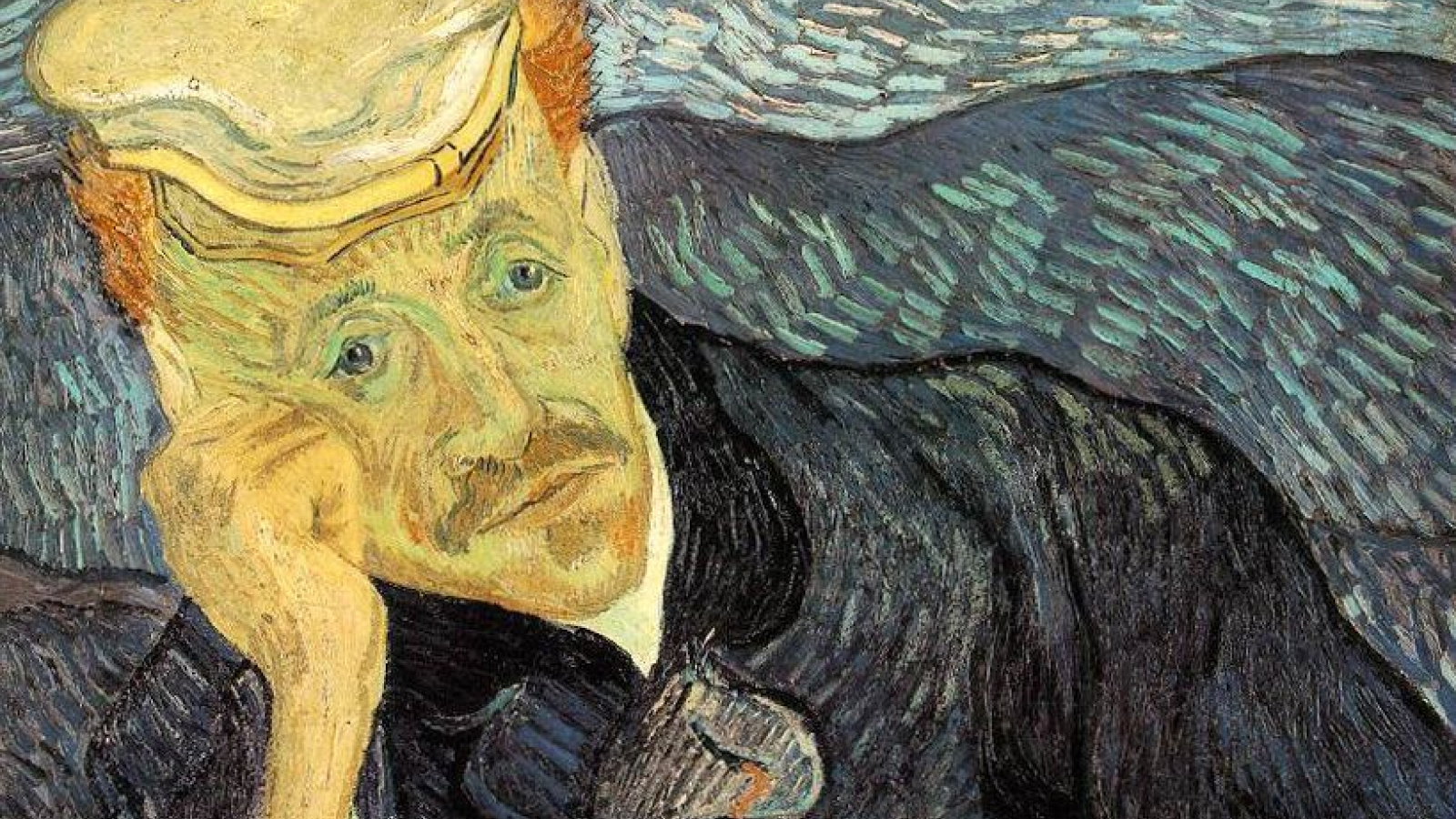- Bad habits can be challenging to change due to friction — that is, the time and effort it takes to overcome them.
- It is widely believed that through better self-control, our habits will change. But it doesn’t work like that.
- The only way to change a bad habit is through repetitive good behavior. Good behavior leads to better outcomes, which leads to our brain releasing dopamine. This “reward” is what helps us form good habits.
WENDY WOOD: Habits kind of got a bad name in psychology. We're all focused on how creative and how amazing and how wonderful human minds are. Because your dogs learn through habits, they were viewed as too limited to apply to human performance. And it's not how we think about our behavior, right? Habits don't involve much conscious thought, your dog doesn't have much conscious thought. I know it seems like they do, but they don't. But people are pretty simple as well. In research, we're able to show that people act on habits much more than we're aware of.
My name's Wendy Wood, and I'm a behavioral scientist. I do research on habits and why they're so difficult to change.
Back in the 1980s, some researchers wanted to convince people in a four-story office building to start using the stairs. So they started just the way all of us would- they started trying to convince people. They put up signs: "It's good to take the stairs." "It's good for your health." "It's bad to take the elevator. Wastes energy!" But the signs had no effect. So, these very creative researchers decided, "Okay, let's try something different." They slowed the closing of the elevator door by 16 seconds. And that was enough to dissuade people.
They reduced the elevator use by a third. And the wonderful thing about the study is, when they put the elevator door back to its original speed, people kept taking the stairs because they had formed a habit to take the stairs, and they just stuck with it. And it's an example of what psychologists have called 'Friction'- barriers to performing a behavior. Distance, time, and effort are all friction. Friction is really important in determining what behaviors we repeat, and so what behaviors become a habit. We think we go to the gym because we're concerned about fitness, we're determined, we exert willpower.
So it feels like that's a good way to start to change our habits, right? Exert self-control, and our habits will then change. But it doesn't work that way. Our habits are stored in a memory system that we don't have access to, we can't fuss with. It's a way of securing the most important information, and protecting it from change. And so, there's no way you can change that habit memory except through repetition of other behaviors. We repeat a behavior in a given context in the same way, and we get some reward. When we get a reward, our brain releases dopamine. Rewards get us to repeat behaviors and form habits.
One of the really important things about behavior change is you have to work with what's around you. Habits reorganize the way we store information in memory. They form these associations between contexts. Professional chefs set up their stations before they start, making sure they have all of the ingredients, all of the utensils, pots and pans are there, they've read through the recipe. And it's a great metaphor for all of us when we go about changing our behavior. We really need an environment that would make it easier to actually achieve our goals. There's actually evidence that our habits help give us meaning in life.
Rituals have a habit component. Some of the rituals we perform really are kind of automatic and habitual. Professional athletes provide some of the best examples of people who effectively use rituals. Baseball players are really well known for this, of having patterns of things they do before they go to bat. And what rituals give high-level athletes is a sense of control because they have something they repeat, they do it successfully.
So it really does give them a sense of confidence. When we are in environments where we know what to do and we feel comfortable doing them, it allows us to effectively multitask. When we've practiced one thing enough so we don't have to think about it, then we can do other things- we can make sense out of our world.







